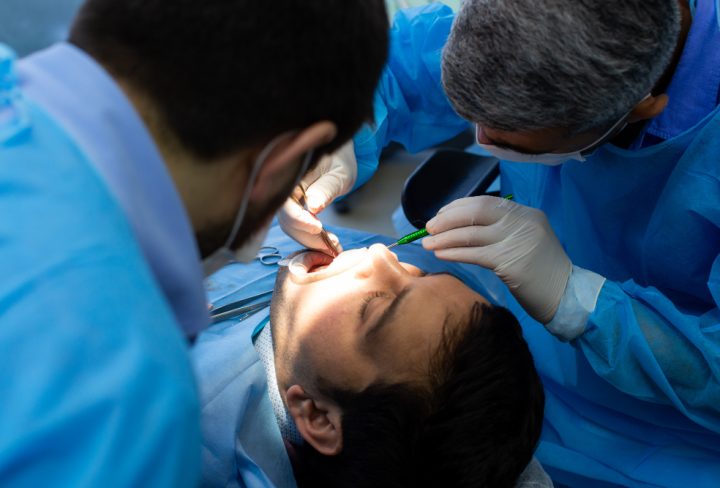Introduction to Oral Cancer
Oral cancer is a serious disease that affects the mouth, lips, tongue, and throat. It happens when cells in these areas grow out of control. Many people do not know the main oral cancer risk factors. However, learning about them can help you stay safe. According to the World Health Organization (WHO), oral cancer is common in many countries, including India and Southeast Asia.
Primary Risk Factors for Oral Cancer
Several causes of oral cancer increase your risk. Knowing these can help you make better choices. Here are the main oral cancer risk factors:
How These Risk Factors Increase Oral Cancer Likelihood
Each risk factor affects your mouth in different ways. For example, tobacco and alcohol can damage cells in your mouth. Over time, this damage may cause cells to change and become cancerous. In addition, HPV can change the way cells grow, leading to cancer. Sun exposure can harm the skin on your lips, making cancer more likely. Poor oral hygiene can lead to infections, which may also increase risk. If you have more than one risk factor, your chances of getting oral cancer are even higher.
Preventive Measures and Lifestyle Guidance
Thankfully, you can lower your risk by making healthy choices. Here are some tips for preventing oral cancer:
Moreover, talking to your doctor about your risk factors can help you make a plan to stay healthy.
Importance of Early Detection and Regular Dental Check-Ups
Early detection of oral cancer can save lives. Regular dental visits help find problems before they become serious. Dentists can spot early signs of oral cancer, such as sores or lumps in your mouth. If you notice any changes, like pain, bleeding, or a sore that does not heal, see your dentist right away. Early treatment works better and can improve your chances of recovery.
Conclusion
In summary, knowing the oral cancer risk factors can help you protect your health. Make healthy choices, avoid risky habits, and see your dentist often. If you have concerns, consult your dentist or healthcare provider for personalized advice on oral cancer prevention.
